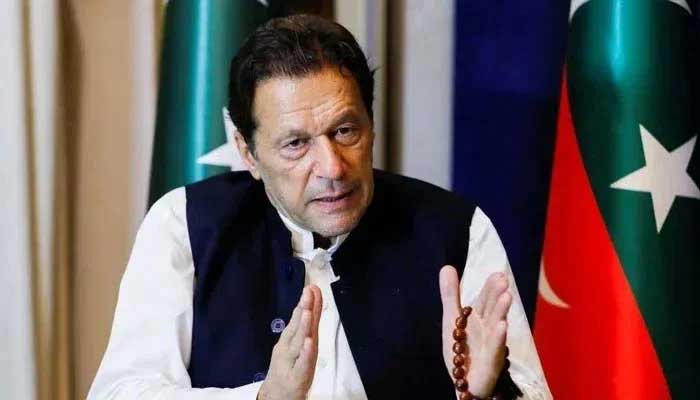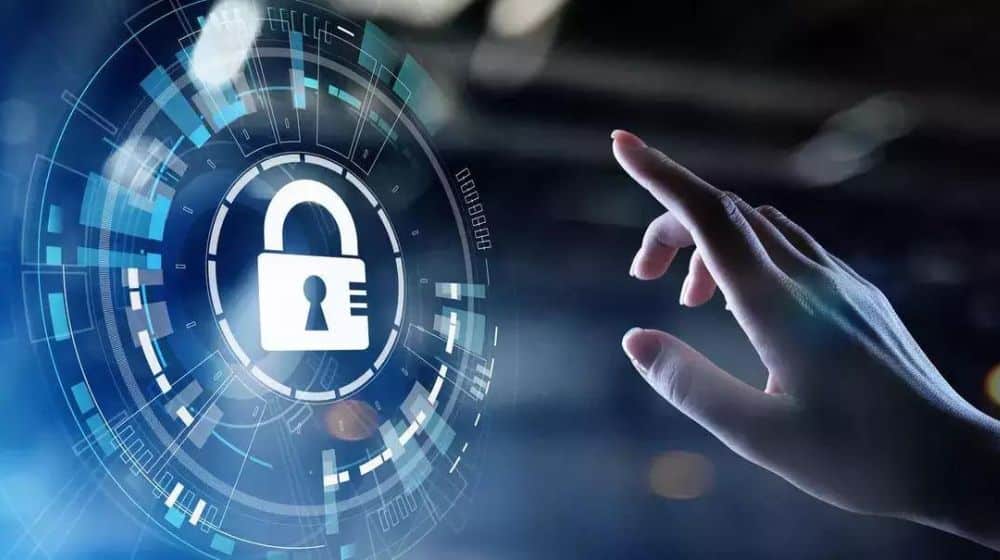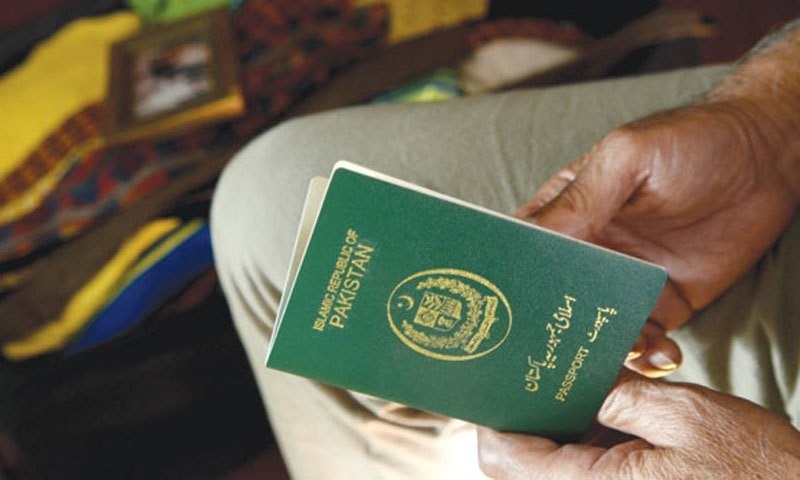The Supreme Court of Pakistan on Thursday granted bail to former PTI Chairman Imran Khan in eight cases linked to the events of May 9.
A three-member bench led by Chief Justice Yahya Afridi approved the bail after hearing arguments from both the prosecution and Khan’s legal counsel. Before the hearing began, Justice Hassan Azhar Rizvi replaced Justice Miangul Hassan Aurangzeb on the bench.
🧑⚖️ Courtroom Proceedings
During the hearing, Special Prosecutor Zulfiqar Naqvi explained his prior absence, citing health issues. Chief Justice Afridi acknowledged his condition, saying, “No problem.”
The chief justice raised two key legal questions:
- Can a final finding be made during a bail hearing?
- Does the principle of continuity apply when bail has been previously granted in conspiracy-related cases?
Prosecutor Naqvi responded that bail hearings only result in interim observations and do not affect the trial outcome. He referenced previous Supreme Court rulings, including the Ijaz Ahmed Chaudhry case, to support his arguments.
READ MORE: Court Extends Ducky Bhai’s Physical Remand in Online Gambling Case
Chief Justice Afridi pressed the prosecution to present any case where bail was denied in a similar conspiracy matter. He noted that recent Supreme Court judgments had consistently granted bail in such cases, stating:
“Show us one case where bail was denied under similar allegations.”
Naqvi argued that digital evidence—such as social media activity—distinguished Imran Khan’s case from earlier ones. However, the chief justice emphasized that the court would not examine the case’s merits at the bail stage:
“Merits will be determined by the trial court.”
🧾 Evidence and Defense
Khan’s lawyer, Salman Safdar, cited various precedents involving conspiracy charges and bail approvals. The prosecution presented:
- Three witness statements
- Photographic, voice-matching, and WhatsApp message evidence
They also stated that tests were authorized by the trial court but claimed that Imran Khan did not cooperate during custody.
After reviewing all arguments, the Supreme Court approved bail for Imran Khan in the eight cases tied to the May 9 incidents.



